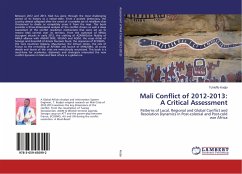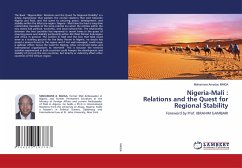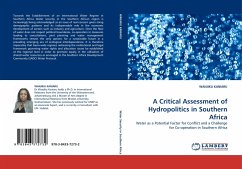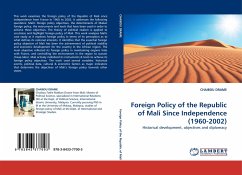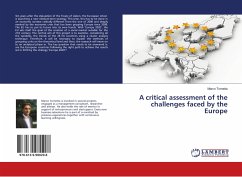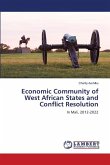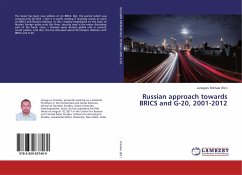Between 2012 and 2013, Mali has gone through the most challenging period of its history as a nation-state. From a praised democracy, the country almost collapsed after the onset of a complex set of rebellions that threatened to divide or completely erase it from the map. This book provides a three-dimensional analysis of the conflict drivers as well a deep assessment of the conflict resolution mechanisms that were set up to restore Mali control over its territory. From the outbreak of MNLA insurgent attacks in early 2012, the crafting of AZAWAD,the fluidity of MNLA alliance with ANSAR DINE, MUJAO and AQIM, the coup d'état of Sanogo and downfall of Amani Toumani Touré, the responses of ECOWAS, the 'core countries' (Algeria, Mauritania), the African Union, the role of France to the re-hatting of AFISMA and launch of MINUSMA, all crusty details and facets of the crisis are meticulously scrutinized. This book is a must-have for academics, diplomats and strategists interested the new conflict dynamics in Mali and West Africa in a global era.
Bitte wählen Sie Ihr Anliegen aus.
Rechnungen
Retourenschein anfordern
Bestellstatus
Storno

